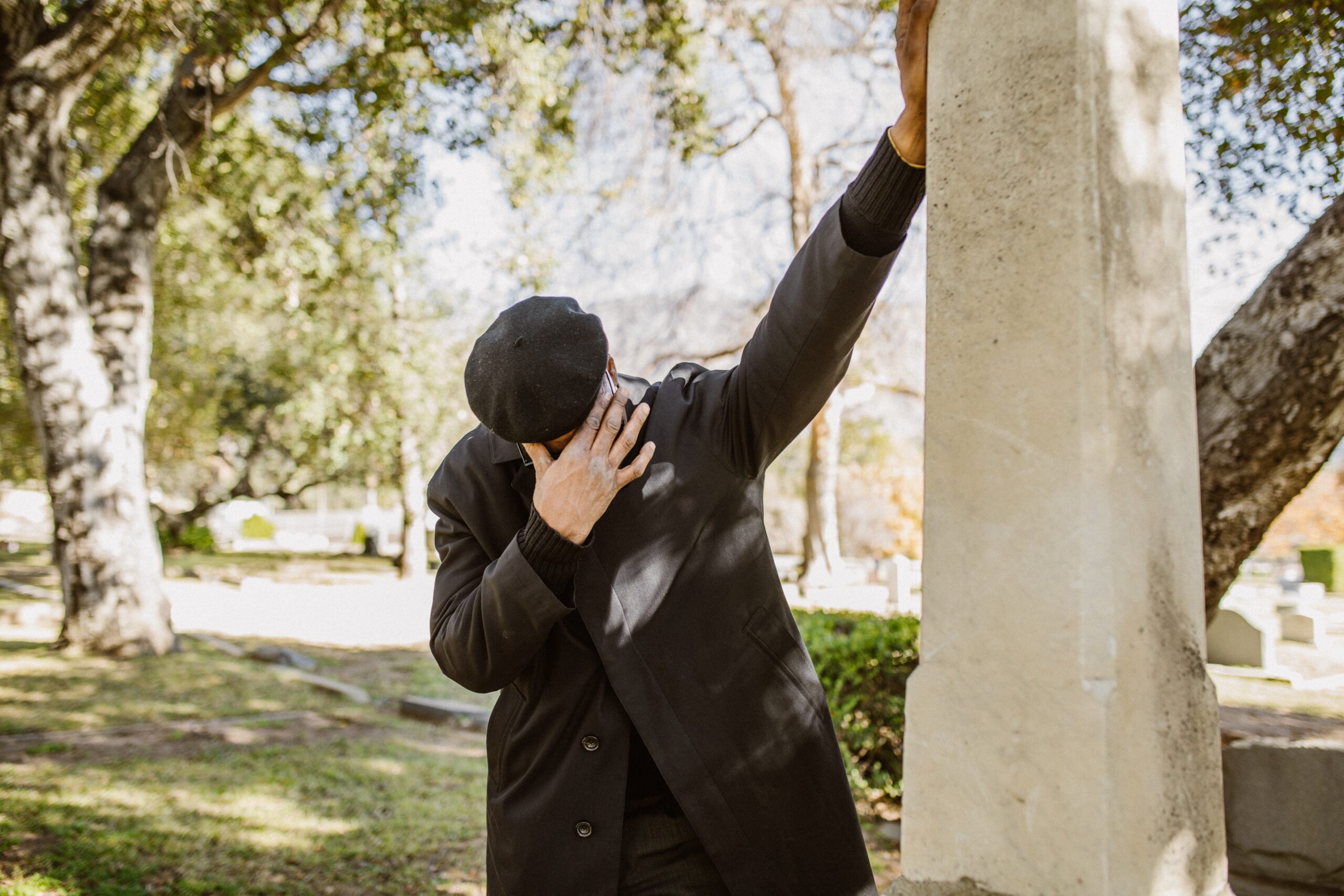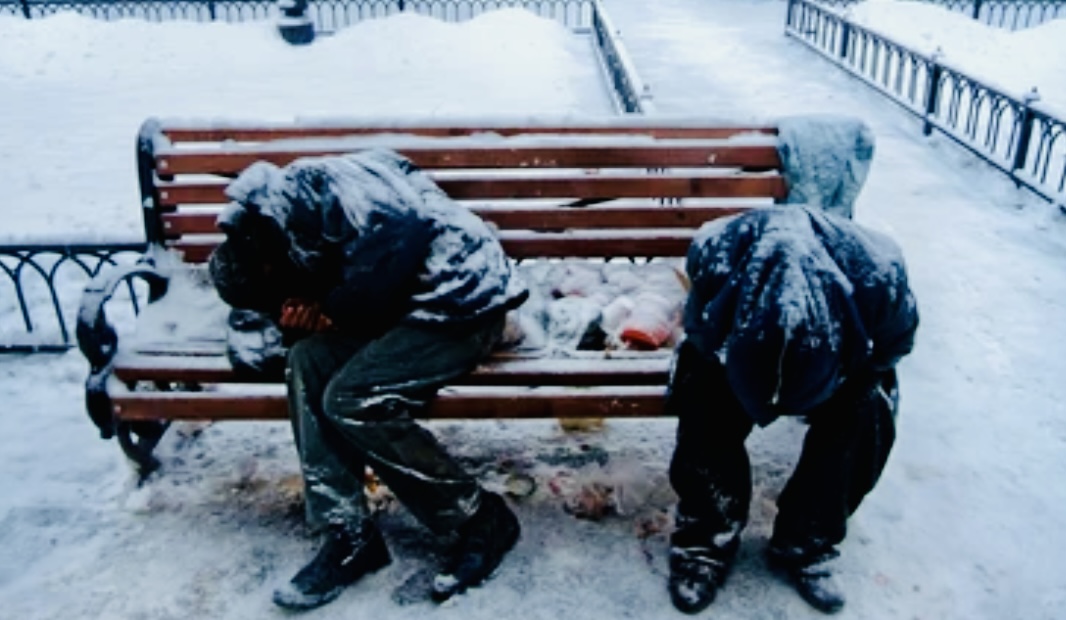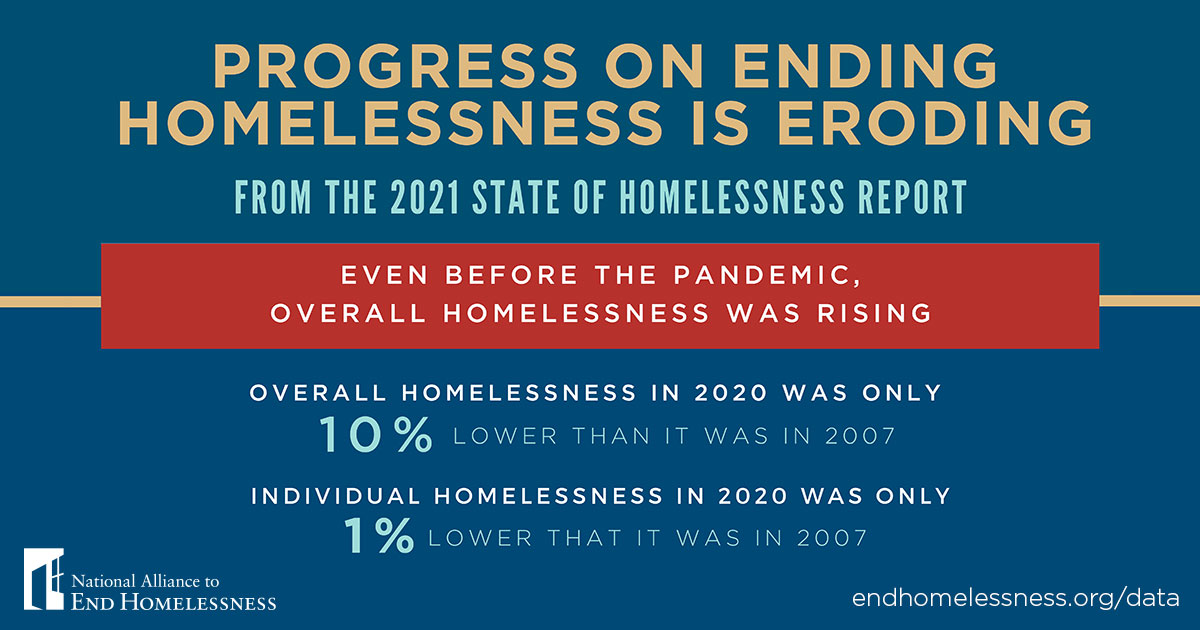Dear Dads,
It’s okay to cry. That’s right, we’re diving right in this week.
One of the surprising parts of fatherhood for me has been the assumption that men (and dads in particular) aren’t allowed to show emotion. Here’s my take: emotion is a universal human experience. It’s normal and healthy to experience sadness at times, and crying is a great option to feel and release it.
When I first became a dad, I noticed the pressure from other men to stay “tough” at all times—when experiencing physical pain, when watching rom-coms or sad TV shows with the family, or when life is just a bit too much.
Men are taught to repress these feelings and to present a strong, unwavering image to the outside world. The problem? This is bad for our own mental health and sets an unhelpful precedent for our children—especially for those of you raising boys.
Dads, let’s be more open to letting others know when we are struggling rather than hiding it until it explodes. Let’s be honest with our families about what we’re going through so they can provide support. And let’s allow this to spill over into our friendships, where we can embrace each other’s emotions instead of contributing to the shame and stigma.
As a physician (and, of course, a father), this is a serious topic in my world. Depression, suicide, and other mental health challenges are on the rise across the country.
Depression is the leading cause of disability in the U.S. for ages 15 to 44. It affects more than 16.1 million American adults, or about 6.7% of the U.S. population age 18 and older in a given year.
Depression may be underdiagnosed in men. Men often do not disclose feelings of depression to their doctors. When they do, it is often described in terms of having problems at work or in relationships. Men also tend to describe their feelings as “stress” rather than sadness or hopelessness.
In men it manifests often as tiredness, irritability and anger. They also tend to not recognize that they are depressed and fail to seek help.
Depression is a major factor in those who choose to die by suicide. In recent years, there has been a steady increase in the number of men who end their own lives prematurely through suicide. In 2015, suicide was the 7th leading cause of death for all American men, according to the National Center for Injury Prevention and Control. In 2017, the suicide rate for men was 3.5 times higher than it was for women. The suicide rate is highest among middle-aged white men, who accounted for almost 70% of all suicides in 2017.
Traditional male gender roles discourage emotional expression. Men are told they need to be tough and that they should not need to ask for help. Such rigid gender norms may make it difficult for men to reach out and ask for support when they need it.
Let’s set a new standard that allows for vulnerability and for leaning on others when we need a little extra love and care. There’s no reward for going it alone. Let me repeat, it’s okay to cry.
Dads just to be clear. It takes more strength to allow yourself to be vulnerable and cry than it does suppressing that universal human emotion.
We need to understand that… it is okay to not be okay. Sometimes we all need help.
As I share in my upcoming memoir, when I was 12 years old, life was difficult. I considered and almost took my own life. I wasn’t okay, I didn’t ask for help, and it almost cost me my life. In fact, I never told anyone about it and have never discussed it publicly until now. I know now that I can and should ask for help when I am not okay.
If anyone reads this and feels like they need help, please reach out to a loved one or a medical provider and ask for help.
If anyone wants to discuss this idea further, you know where to find me. I’m always here for support. Otherwise, I’ll be back next week with more for us to ponder together.
Have a great week in the meantime! Please feel free to follow me, subscribe, or share with others.
Chris





